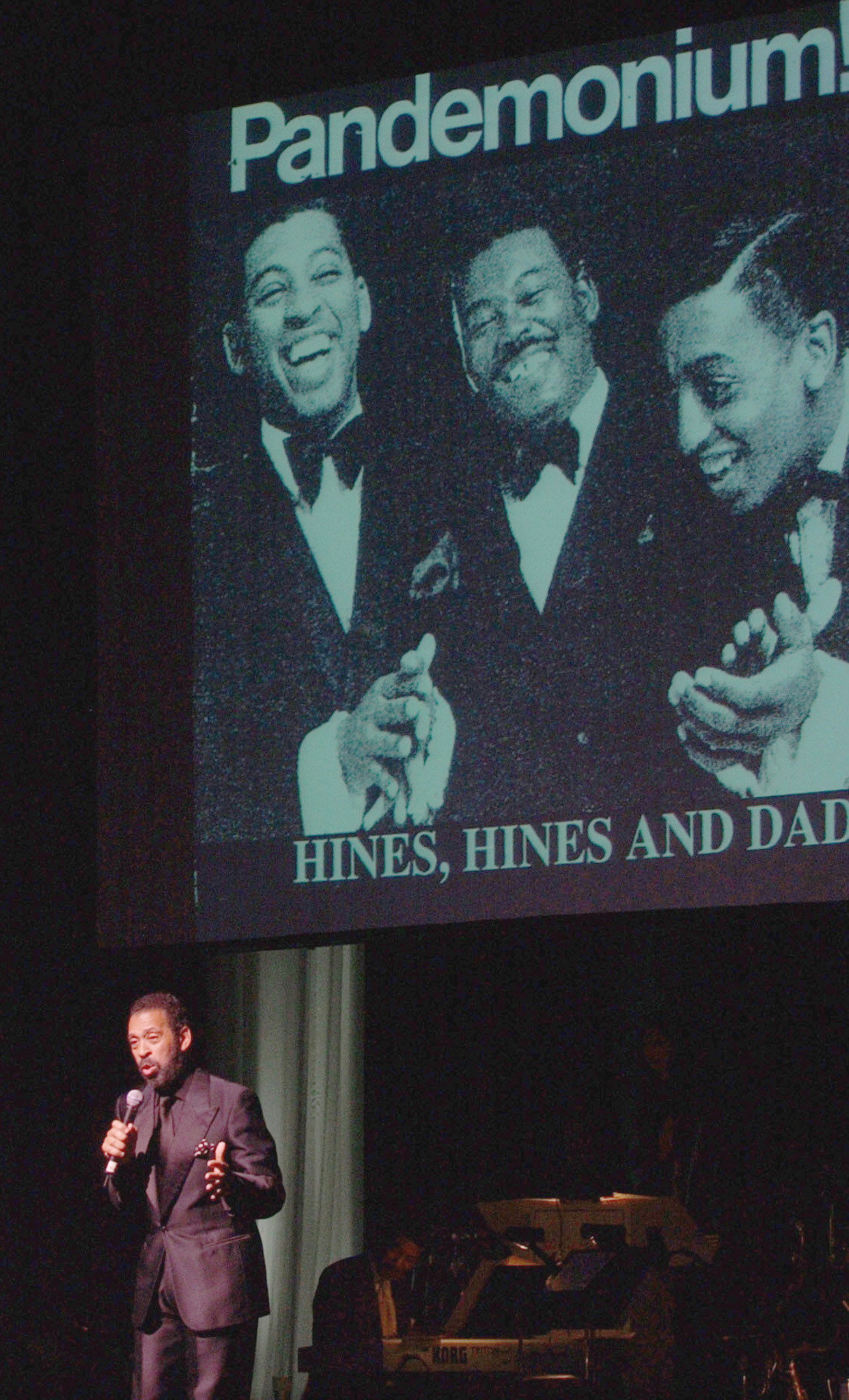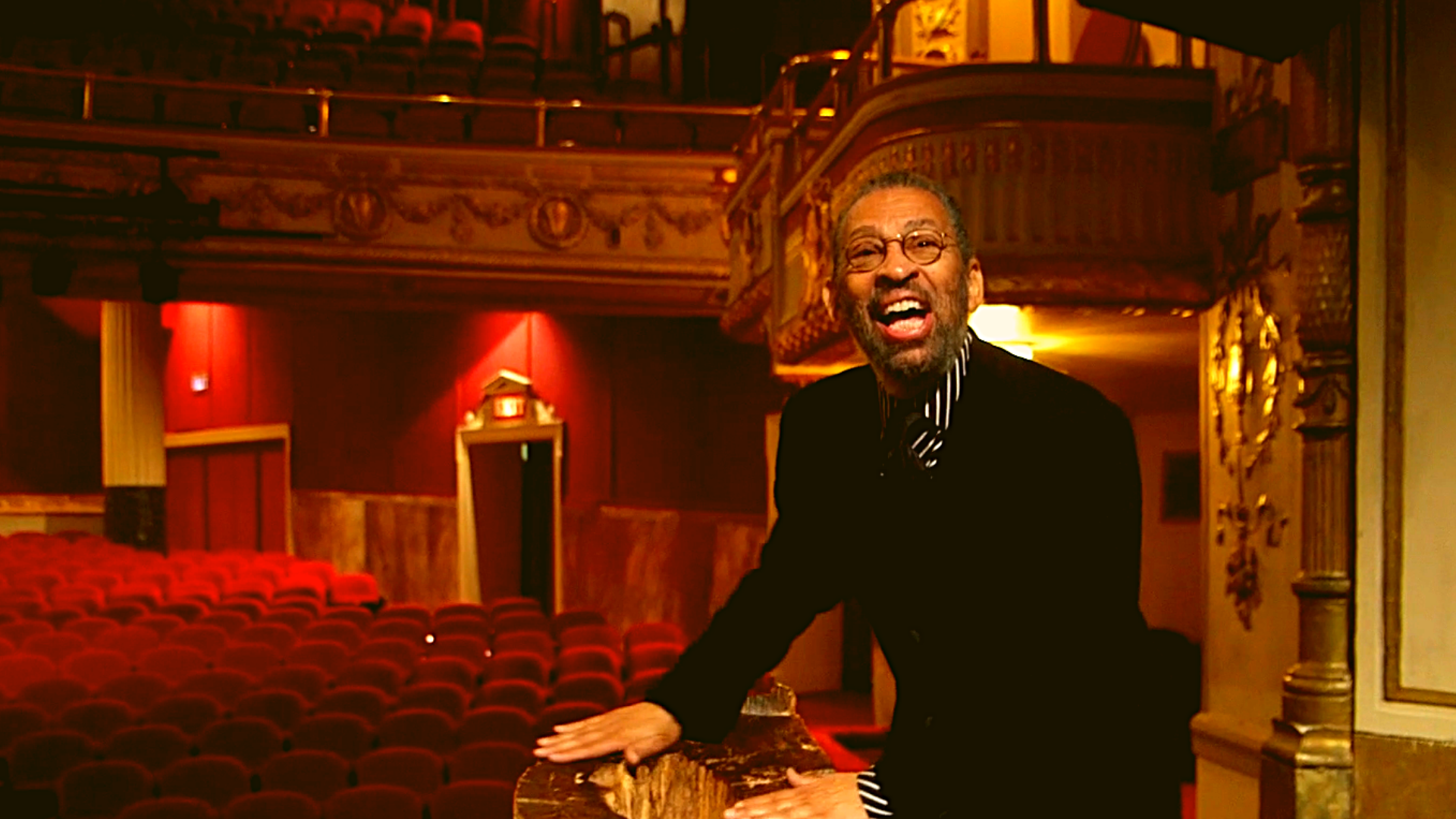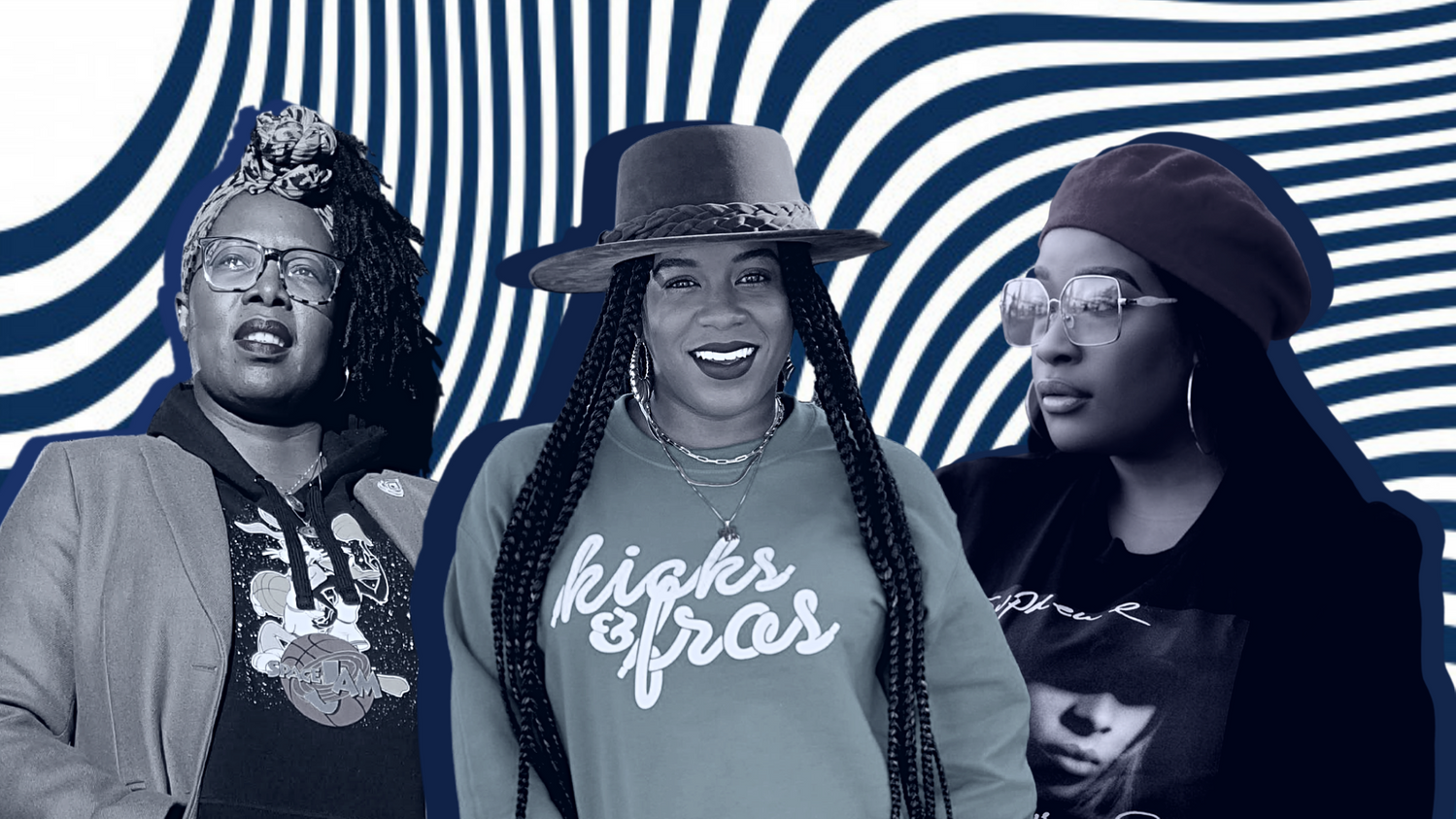In 2003, music and dance legend Maurice Hines (born Maurice Robert Hines Jr.) lost his younger brother and dance partner, Gregory Hines, to liver cancer. However, as they say in show business: the show must go on. And it has. At 76, Maurice Hines is still sharing his love of dance by teaching and performing. Yet his legacy remains often unsung. That’s where husband and wife duo Tracy Hopkins and John Carluccio come in. The Brooklyn-based filmmakers have explored and immortalized Hines’ legacy through film.
Their award-winning documentary, Maurice Hines: Bring Them Back, provides an intimate look at Hines’ life and career as a trailblazer navigating showbusiness, loss, and his relationship with his late brother whose fame often eclipsed Maurice’s own. Viewers will get a better sense of who Maurice Hines is through footage and interviews from Elise Neal, Mercedes Ellington, Debbie Allen, Hines himself, and more.
American Urban Radio Networks caught up with screenwriter Tracy Hopkins and director John Carluccio to chat about the project, what put Maurice Hines on their radar, and the process of making the movie—which has made its rounds in multiple film festivals, including the American Black Film Festival (ABFF), San Francisco Dance Film Festival, Miami Film Festival, and more.
AURN: How did you find out about Maurice Hines, and what made you decide to make him the subject of your documentary?
Tracy Hopkins: My husband, John, was introduced to the idea of doing a documentary about Maurice by a friend of a friend. That friend-of-a-friend used to be Maurice’s driver and dresser. When John’s original production partner decided to leave the project, John asked me to come on board. And because of my journalism background and knowledge and appreciation of dance and Broadway, the writer-producer role became a natural fit. I was a huge fan of Gregory Hines growing up and had seen him in Sophisticated Ladies and Jelly’s Last Jam. I had also seen Maurice’s 2006 musical, Hot Feet, set to the music of Earth, Wind & Fire, and I also appreciated his creativity. So, my interest in telling Maurice’s story, which in part would naturally focus on his relationship with his younger brother Gregory, combined with my love of all things dance and musical theater, attracted me to work on the film.
AURN: How long did it take to film, and how did you make it happen from funding to submitting to festivals?
John Carluccio: It took about two-and-a-half years to film the documentary. We started shooting when Maurice was 73 and we wrapped when he was 75. He will be 77 in December. In 2018, while we were still shooting, we were selected to be in DOC NYC’s Only in New York industry meet-and-greet sessions for promising work-in-progress documentaries, and in 2019 we were accepted into the DOC NYC Film Festival where we won the Grand Jury Metropolis Prize. The film has been primarily self-funded, however we did receive a generous grant from the Ford Foundation (thanks to a connection from our Executive Producer Charles Randolph Wright) that helped us complete the film just in time to premiere at DOC NYC. We’ve also received donations from the Bushnell Center for the Performing Arts and family and friends.
AURN: What’s one of the most fascinating things about Maurice that you hope viewers can appreciate?
TH: I hope that people will see what a consummate dancer and singer Maurice is, still well into his 70s. He’s had a phenomenal, seven-decade career. Because Gregory’s star was so bright, Maurice is the Hines brother folks might not know about. But Maurice is a triple-threat talent in his own right, and this documentary gives him the close-up he so rightly deserved. Maurice is charming, flirtatious and really funny. He’s also a complicated man who is going through things both emotionally and physically as he ages. So, I hope that people connect with his humanity, and fall in love with him — even when he’s cranky — because Maurice is so lovable.

AURN: What are three important lessons you learned about the documentary making process?
JC: Be politely persistent with your subject. Expect a lot of doors to close on you, but you have to find another way in. We did this with kindness and reassured Maurice, we are here to tell your story. We are explaining parts of your life that folks might not fully understand, and we are painting an honest picture.
Be open to narrative change. The initial story was going to be about Maurice’s possible stage return to the Apollo Theater, but when that didn’t come together, other story points opened up—including Maurice flying to LA to see/teach at the Debbie Allen Dance Academy. You adjust. You work with what is given to you, and often that’s better.
TH: From a funding standpoint, we definitely want to secure funding before we start our next project. With this documentary, we had a compelling subject and John had the opportunity to start rolling right away, so he did. I’ve also learned that there’s a secret sauce to getting grants, and maybe I don’t know the recipe. So, the next go round, I would love to hire a grant writer with that skill set.
AURN: What do you hope viewers take away from the film?
TH: I’m a little biased, but from a film making standpoint, I’m really proud of John’s shooting and editing, which has a musicality in its pacing and in the way he artfully interweaves rare archives of the Hines Brothers and tap greats like the Nicholas Brothers with scenes of Maurice and famous friends like Chita Rivera and Debbie Allen (also an Executive Producer on the film) in current day. The film has a clear point of view, and we appreciate that The Hollywood Reporter recognized that it “digs much deeper than your usual showbiz doc.”
As a character study, I hope that viewers find Maurice as entertaining and intriguing as we do. Maurice is an extremely talented artist whose career path might have been easier if he didn’t have a tendency to “make waves,” or if he wasn’t an openly gay Black man at a time when that wasn’t widely accepted—as he expresses in an opening scene. He also had a complex and often estranged relationship with his brother. We’re all beautifully flawed, and I hope that viewers will be able to see themselves or someone they know in Maurice’s story. As he grows older, the man one of his friends affectionately calls “Mr. Showbiz” becomes more withdrawn and is still grieving the loss of his brother who died in 2003. So, our film is a multifaceted portrait of this elder entertainer and shows both his highs and lows. He’s a true show business survivor and a living example of Black excellence. With this documentary, I’m so glad we got the chance to give Maurice his flowers while he’s still here.

AURN: How did COVID-19 affect your run with the movie and how did you pivot?
TH: After our win at DOC NYC in fall 2019, we were looking forward to traveling to different cities on a film festival run. In March 2020, we showed the film at the Miami Film Festival where Maurice joined us on the red carpet and at the screening. But a week after we returned from Miami, our festival run came to a screeching halt because of the coronavirus outbreak. When film festivals shifted to being virtual, we were selective about which festivals to participate in. Our first virtual festival was the American Black Film Festival (ABFF) at the end of August 2020 where we won Best Documentary. Showing in the virtual ABFF was important to us to capture a segment of the African American film audience. And in October we’ve been in several other virtual film festivals that speak to other target demographics, including New Fest (an LGBTQ festival); Bushwick Film Festival (we are Brooklyn indie filmmakers); and the San Francisco Dance Film Festival (a prestigious dance film festival).
AURN: What’s next for the Maurice Hines movie? Any more festivals we can look forward to?
TH: In November, we will be included in the virtual 21st Annual Sound Unseen Film Festival, which places an emphasis on cutting edge film, music and art. We are still seeking distribution and hope that through our festival run we will capture the attention and imagination of the right distribution partner for our documentary. Additionally, part of our win at DOC NYC included a week-long engagement at the IFC Center in New York City. So, when theaters safely reopen in New York City, we will schedule that mini theatrical run in 2021.
AURN: What advice do you have for aspiring documentary filmmakers?
TH: Making a feature-length documentary film really is a labor of love, so choose a subject and a story that will still hold your interest a year or two into the process. Also, the more personal the story, the more universal its appeal will be.






